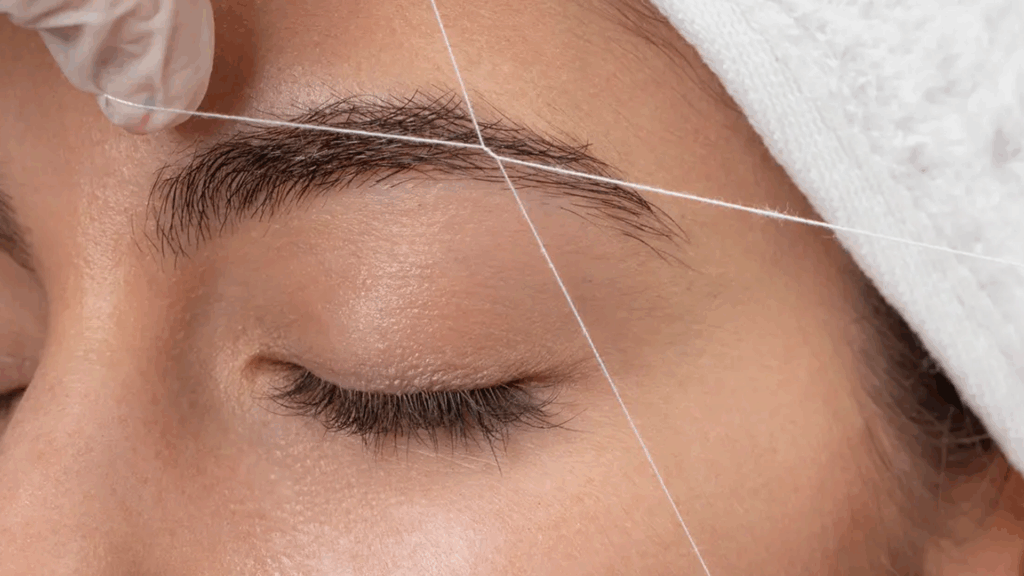For those who have concerns about a prominent cheekbone, square-shaped face, asymmetrical cheeks, or an uneven face, these issues can affect confidence, especially when getting ready for events or social gatherings. Some may even consider jaw surgery to improve their facial appearance, believing it can bring better luck, wealth, or more opportunities in their career.
Nowadays, advancements in medical science, particularly in the field of cosmetic surgery, have come a long way. Doctors can now reshape and enhance facial features to create a more beautiful and harmonious appearance, helping you feel more confident while ensuring safety and effectiveness in the process.

Before the surgery, the doctor will need to examine the jaw to check for any underlying abnormalities, such as the thickness of the bone, the height of the jaw, and the balance of the left and right jawbones. These factors may affect the ability to make the two sides symmetrical due to the differences in structure.
Jaw surgery procedure
There are two methods of jaw surgery as follows:
- In the external jaw surgery, the doctor will make incisions at both jaw angles and reach the jawbone’s corner. Then, a small saw-like instrument is used to cut along the desired area. Although this method may sound simple and typically requires minimal post-operative care with swelling lasting around 3-5 days, it is no longer as popular because there is a risk of damaging the nerves that supply the corner of the mouth during the surgery.
- In contrast, the intraoral surgery involves making incisions inside the mouth, behind the molars, and then accessing the jawbone’s angle. The doctor will then reshape the jaw as desired. This method is more commonly used because it leaves no visible scars. Moreover, it allows for a smoother, more natural contour of the jawbone since the entire jawbone can be adjusted without concerns about visible scars. Additionally, it reduces the risk of nerve damage to the muscles around the mouth’s corner, making it a safer option.
Surgery duration, jaw surgery
The doctor will take approximately 3 hours.
Primary care after jaw surgery
- You will need to rest for 1 or 2 nights, depending on your condition, and this will be evaluated by the doctor.
- For the first 2-3 days, apply cold compresses to reduce swelling. After that, continue with warm compresses for 7-14 days.
- It is recommended to eat soft foods with mild flavors during the recovery period.
- Avoid smoking for 1 month after the surgery.
- Try to open your mouth frequently, or every time you remember, to prevent the jaw joint from getting stiff or stuck.
- If the incisions are external, you will need to return for stitch removal 7 days post-surgery, as scheduled by your doctor.






